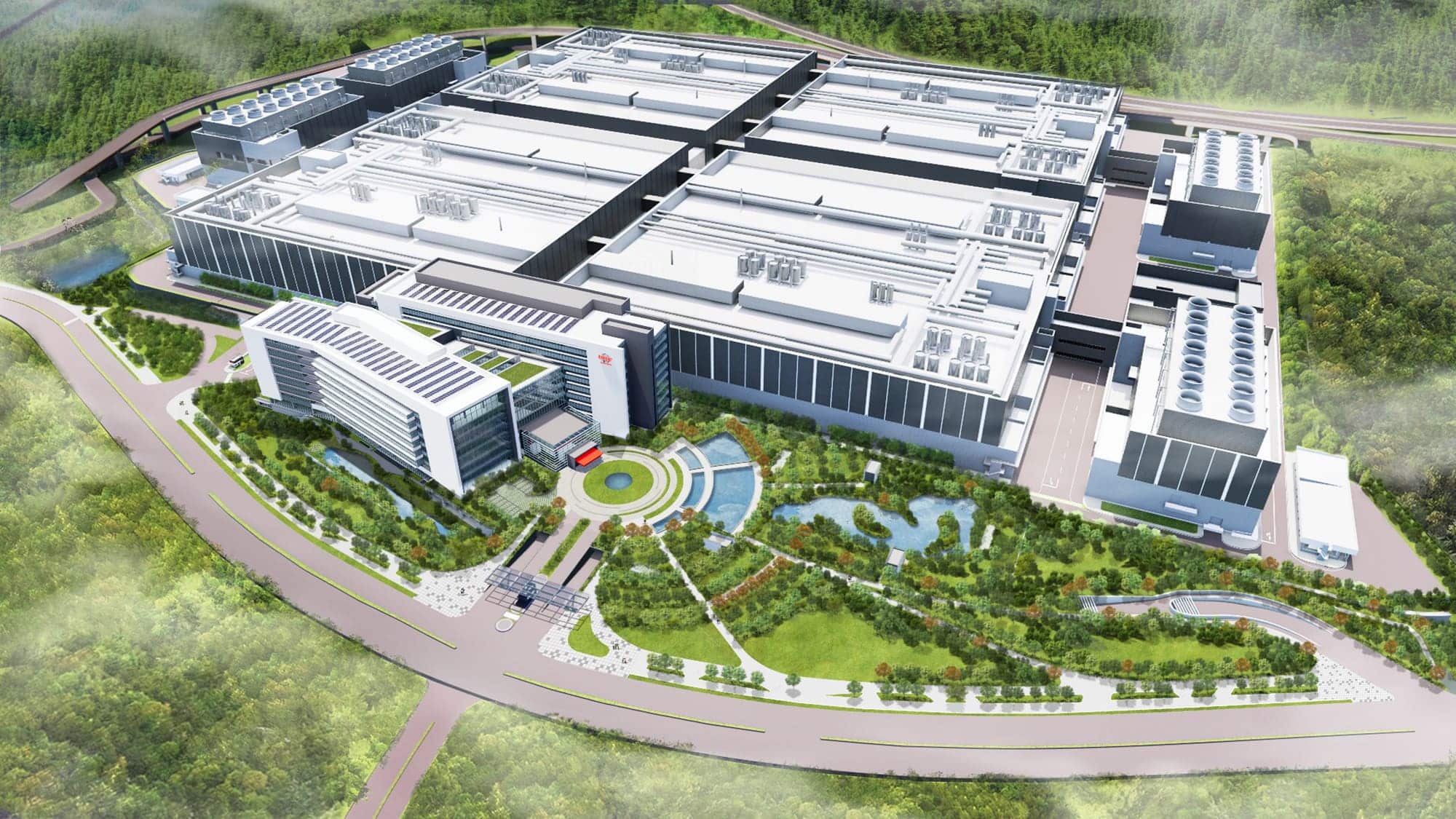Prime Minister of Taiwan, Cho Jung-tai, has been clear: TSMC will never be an American company. With these words, Taiwan’s government leader dismissed rumors circulating about a supposed deal between Donald Trump’s administration and the semiconductor giant, which allegedly included American equity participation to turn the firm into a “North American foundry”.
The statements, reported by Taiwanese media, come after weeks of speculation and some social unrest on the island, where it was interpreted as a threat to technological sovereignty—suggesting Washington wanted to position TSMC as an “American foundry project”.
Rumors and Clarifications
The controversy sparked when reports emerged about a possible agreement between Trump and TSMC for the U.S. to acquire a stake in the company. TSMC quickly responded: it had not received any such proposal. Now, the Prime Minister himself has shut down that possibility, stating that “there is no deal, and there never will be”.
Cho Jung-tai went further: emphasizing that TSMC can invest in the U.S., but that this does not in any way imply the company ceases to be a Taiwanese firm.
Investments Yes, Identity No
Currently, TSMC has committed to investments in the U.S. worth $165 billion, although previous announcements indicated the figure could reach $300 billion. These investments include advanced manufacturing facilities in Arizona aimed at producing cutting-edge nodes.
However, the Prime Minister clarified that these operations are strictly economic and do not alter the company’s nature or strategic control. He also specified that the Taiwanese government does not intervene in business decisions about where to produce or invest for TSMC or other local firms.
U.S. Strategic Play
The U.S. has been trying for years to reduce its dependence on Asia for semiconductors. With the CHIPS Act and related investments, Washington has aimed to attract manufacturers like TSMC and Samsung to U.S. soil.
But as Taiwan’s prime minister pointed out, the strategy does not guarantee access to TSMC’s core technology, considered a strategic asset. Although the company has promised to produce advanced nodes in Arizona, the control of the most critical capabilities will remain in Taiwan.
This explains why the Trump administration has bolstered support for Intel, seen as the local contender to lead chip manufacturing in the U.S. and secure technological sovereignty in the long term.
A Global Actor, But Taiwanese
Cho Jung-tai’s message aims to dispel doubts during this delicate moment: the geopolitical tension between China and the U.S. puts Taiwan at the center of the stage. TSMC, the world’s largest contract semiconductor manufacturer, is viewed as a strategic asset—not only for Taiwan’s economy but for the entire global supply chain of technology.
In this context, the Prime Minister emphasized that while investments in the U.S. are necessary to maintain access to key markets and avoid tariff barriers, TSMC will foremost remain a Taiwanese company.
Conclusion
The words of Taiwan’s Prime Minister put an end to speculation about a supposed “Americanization” of TSMC. While investments in the U.S. will continue to grow and support the company’s diversification strategy, ownership, control, and technological identity will stay in Taiwan.
For Washington, the message is clear: semiconductor self-sufficiency will not be achieved solely through foreign investments but through strengthening its own players, especially Intel.
Frequently Asked Questions (FAQ)
1. What exactly did Taiwan’s Prime Minister say about TSMC?
Cho Jung-tai stated that TSMC will never be an American company and that investments in the U.S. do not change the firm’s identity or control.
2. How much has TSMC committed to U.S. investments?
Currently estimated at $165 billion, with previous announcements mentioning up to $300 billion.
3. Why does the U.S. want to attract TSMC?
Because it seeks to reduce its reliance on Asia for semiconductors and ensure advanced manufacturing capacity on its own soil, especially for strategic sectors like defense, automotive, and telecommunications.
4. What role does Intel play in this strategy?
Intel is considered the U.S. local bet to regain leadership in chip manufacturing and ensure technological sovereignty amid competition with Asia.

